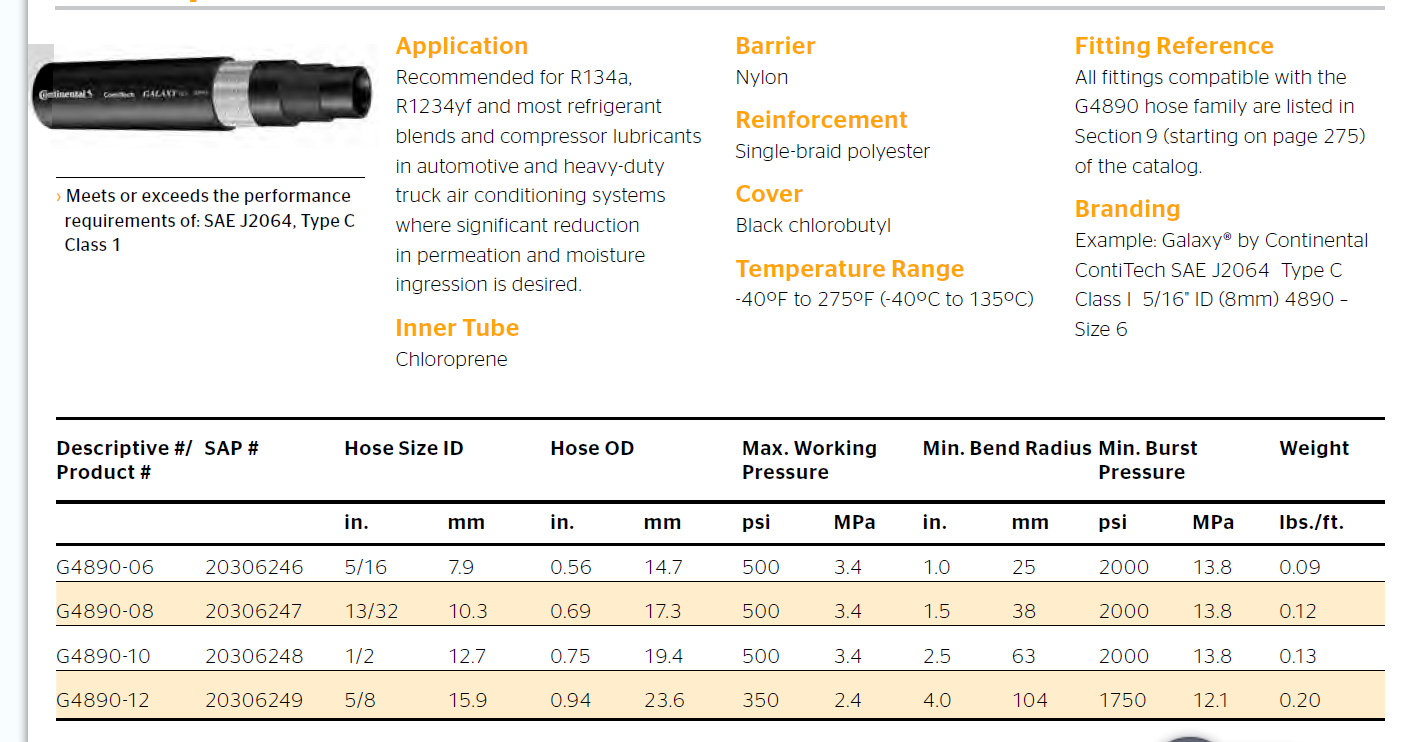Choosing the Right Fuel Oil Hose for Your Automotive and Industrial Needs
Aug . 06, 2024 04:21 Back to list
Choosing the Right Fuel Oil Hose for Your Automotive and Industrial Needs
Understanding Fuel Oil Hoses A Vital Component in Fuel Systems
Fuel oil hoses play a crucial role in the efficiency and safety of fuel systems across various industries, including automotive, marine, industrial, and energy sectors. These hoses are specifically designed to transport fuel oil from storage tanks to engines, generators, and various machinery that rely on petroleum products. This article delves into the importance, types, materials, and maintenance of fuel oil hoses, emphasizing their significance in ensuring the smooth operation of fuel systems.
Importance of Fuel Oil Hoses
Fuel oil hoses are essential for the safe and effective transfer of fuel. They are engineered to withstand the specific conditions associated with fuel handling, including exposure to petroleum derivatives that can be corrosive and harmful. High-quality fuel oil hoses ensure that fuel is delivered without leaks or ruptures, preventing environmental contamination and maintaining operational integrity.
In industries like shipping, any fuel spill can have devastating ecological effects, thus emphasizing the need for reliable hoses. Additionally, the performance of engines and machinery heavily depends on the quality of fuel delivery, making the integrity of the fuel oil hose a vital aspect of operational efficiency.
Types of Fuel Oil Hoses
Fuel oil hoses come in various types, tailored to meet specific application requirements. The most common types include
1. Conventional Rubber Hoses These are durable and flexible, widely used in standard applications. They can handle a variety of fuel grades but may require regular inspection due to wear and tear.
2. Reinforced Hoses Designed with additional layers, these hoses offer enhanced strength and are suitable for high-pressure applications. They are commonly used in larger machinery and industrial setups.
3. Thermoplastic Hoses These hoses are lightweight and resistant to many chemical agents. They are ideal for portable fuel dispensing and applications where flexibility is critical.
4. Metal Hoses Used in extreme environments, metal hoses can withstand high temperatures and corrosive materials. They are used in specialized applications where conventional hoses may fail.
fuel oil hose

Choosing the right type of hose is crucial for the specific needs of each application, and compatibility with fuel types should always be considered.
Materials Used in Fuel Oil Hoses
The materials used in the manufacturing of fuel oil hoses are significant to their performance. Common materials include
- Nitrile Rubber Highly resistant to oil and fuel, nitrile rubber provides excellent durability and flexibility. It is a common choice for fuel hoses due to its effectiveness in preventing leaks.
- PVC (Polyvinyl Chloride) Known for its chemical resistance, PVC hoses are lightweight and often used in situations requiring excellent versatility at a lower cost.
- Stainless Steel Used primarily in metal hoses, stainless steel provides excellent resistance to corrosion and heat, making it ideal for high-performance applications.
- Polyurethane Flexible and resilient, polyurethane hoses are used in situations where bending and maneuverability are required without compromising strength.
Maintenance and Safety Considerations
Regular maintenance of fuel oil hoses is essential to prevent leaks and ensure safety. Operators should conduct routine inspections for signs of wear, such as cracks, bulging, or fraying. Any damaged hoses should be replaced immediately to avoid potential hazards.
Additionally, reputable suppliers should always provide hoses that comply with industry standards. Proper installation is equally important; hoses should be fitted correctly to prevent stress and avoid potential failures.
In conclusion, fuel oil hoses are indispensable components in various fuel systems, ensuring a safe and efficient flow of fuel. Understanding their types, materials, and maintenance requirements can significantly impact operational reliability. As industries continue to evolve, the demand for high-quality fuel oil hoses will remain critical, highlighting the need for ongoing innovations and standards in their design and application.
